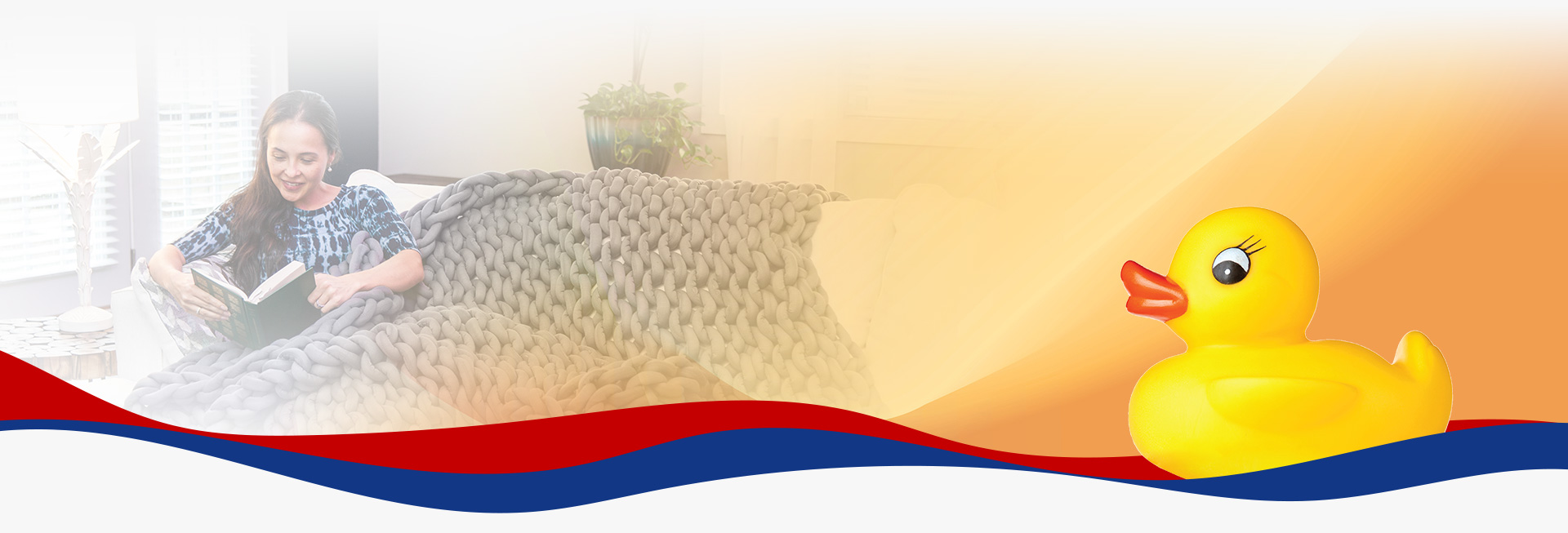Q: I hear a lot about how hard the water is in Lubbock. My parents had a water softener when I was growing up but all I remember is lugging bags of salt to the basement. Can you tell me what makes water “hard” and what a softener does?
A: Ah, yes. Those 40-pound bags. I was a salt hauler myself back in the day. My parents water softener couldn’t have been in a more inconvenient location under the stairs. I had to twist like a gymnast to squeeze in there.
We use the phrase “hard” to describe water that is heavy with minerals like magnesium and calcium, to name a couple. When minerals in the soil dissolve, they work their way into the ground water. As to determining the “hardness” of water, it’s measured in “grains per gallon”. According to the Water Quality Association, if your GPG is between 7-10.5 grains of calcium carbonate per gallon, you have hard water.
We don’t think about math when we turn on the faucet. Maybe algebra teachers do, but I never have. So how does GPG affect us normal every day homeowners?
The first, and maybe worst, thing it does is create a build up of scale in our water pipes. Perhaps you’ve boiled a tea kettle dry and seen the white stuff on the inside? That’s scale. After it builds up long enough, it will reduce your water flow. Let it go long enough and your pipes will plug up completely.
Hard water also makes your soaps and detergents less effective. It won’t lather as well and creates that soap scum that the TV commercials talk about. Again, if scale builds up long enough, it will take more than cartoon scrubbing bubbles to fix your problem.
Water softeners remove the minerals that cause scale build up. It’s a chemical process that involves replacing calcium ions in the water with sodium ions, thus making the water “softer”.
The experts at Sinclair are always available to help you with your water questions. Whether you’rewondering what system is right for you in the future or you have a right now emergency water problem, we’re here for you. Give us a call at 806-749-COOL (2665)
